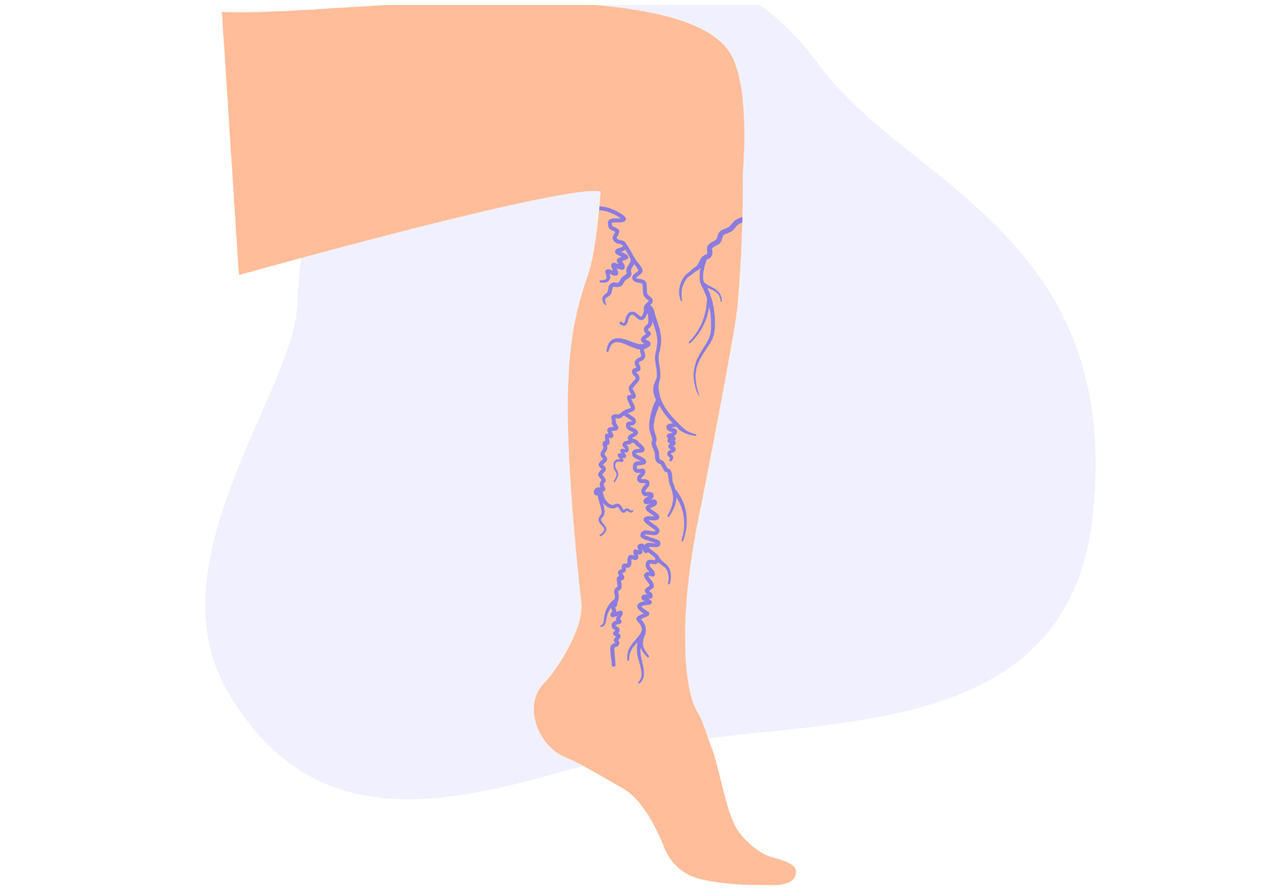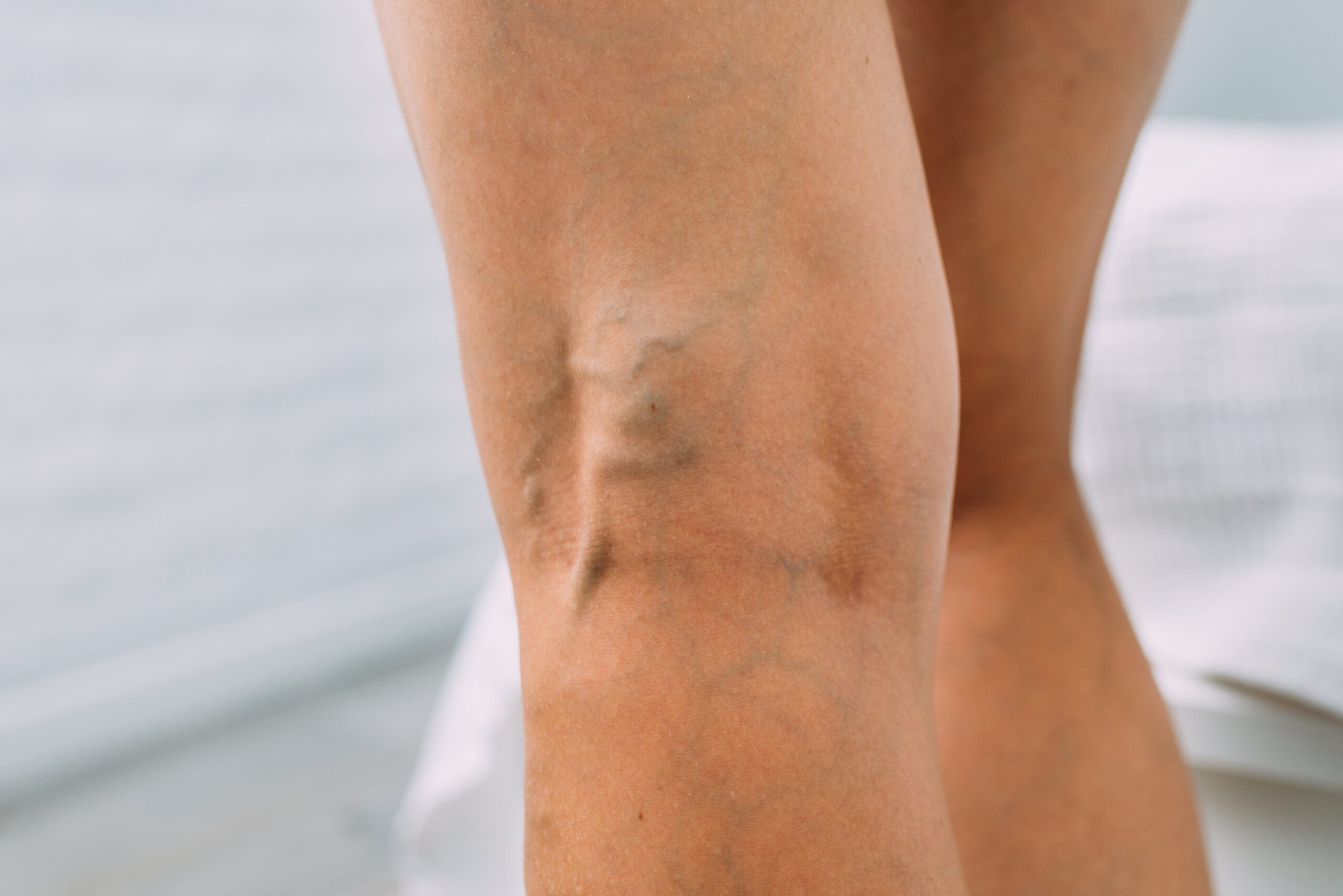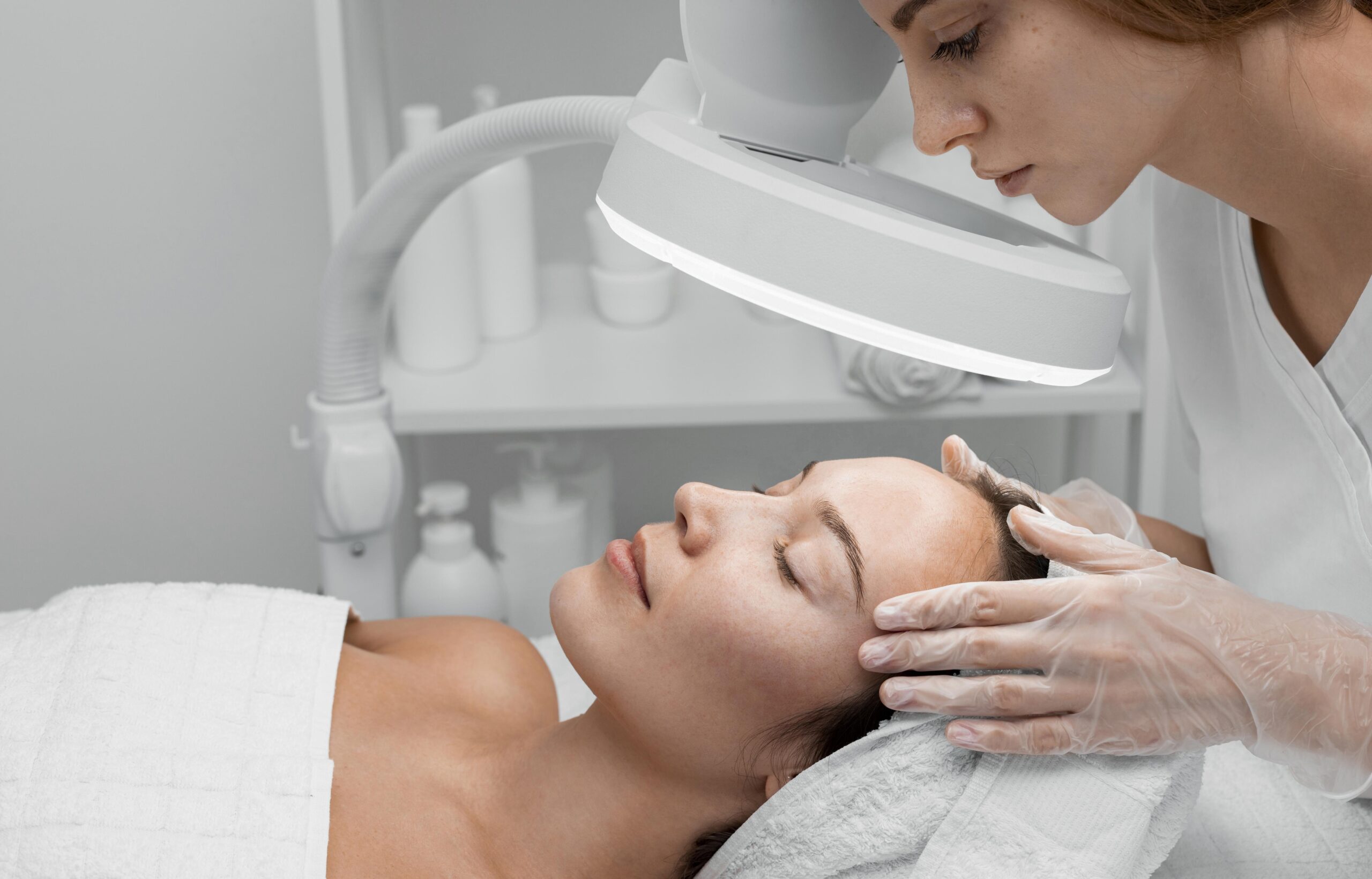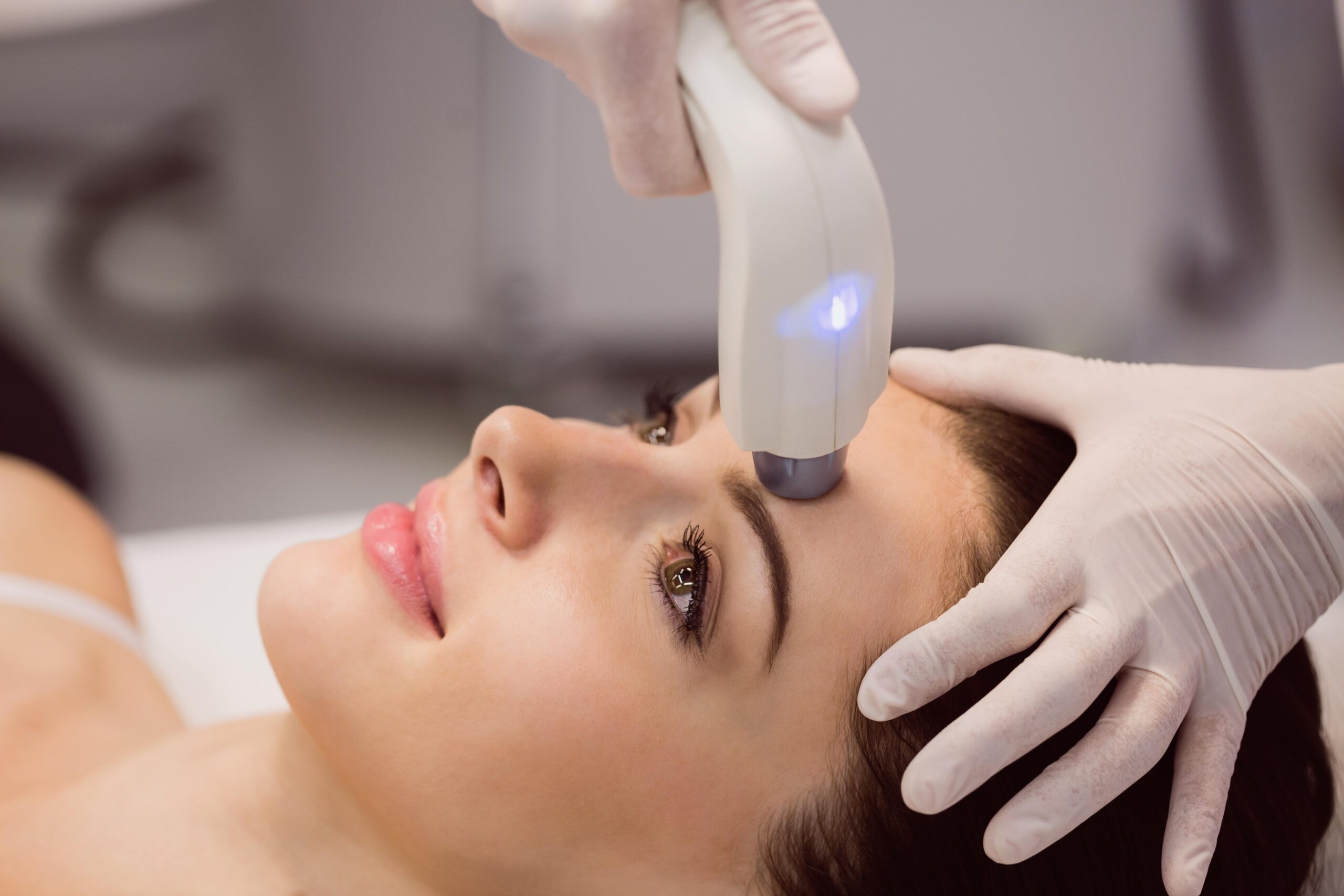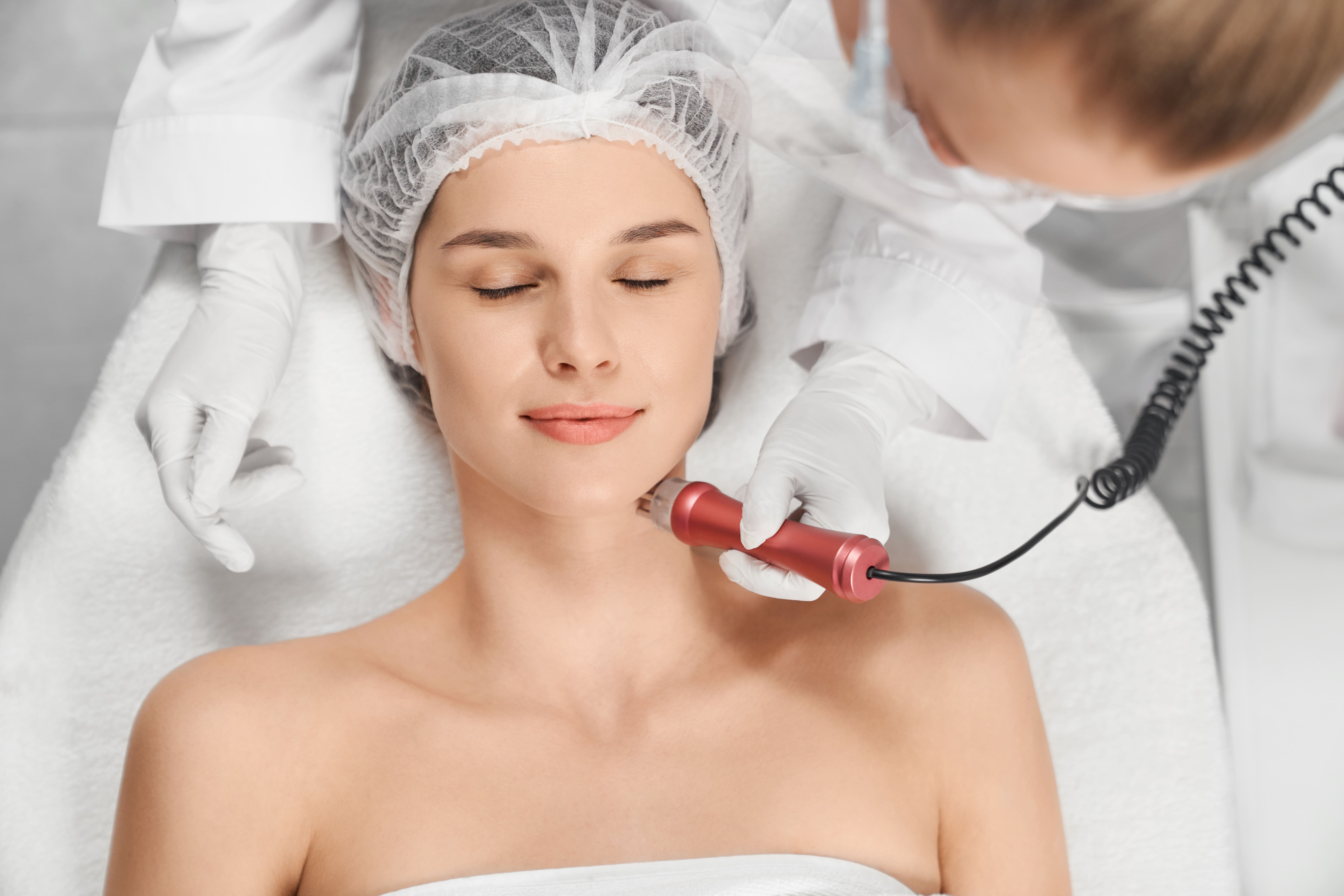Living with varicose veins can be challenging, but with the right strategies, you can manage the symptoms and significantly improve your quality of life. At Callidora Laser Clinic, we specialize in helping patients understand and cope with varicose veins through effective treatments and lifestyle advice. Here are some practical tips to help you manage this condition and live more comfortably.
Understanding Varicose Veins
Varicose veins occur when the veins in your legs become enlarged, dilated, and overfilled with blood. This condition often results from weakened or damaged valves in the veins, leading to blood pooling and increased pressure. Common symptoms include swelling, aching, and a heavy feeling in the legs.
Tips for Coping with Varicose Veins
- Exercise Regularly
Engaging in regular physical activity can help improve blood circulation and reduce the symptoms of varicose veins. Focus on low-impact exercises such as walking, swimming, and cycling. These activities strengthen the leg muscles without putting too much strain on your veins.
- Maintain a Healthy Diet
Eating a balanced diet rich in fiber and low in salt can prevent swelling and promote overall vascular health. Incorporate foods like fruits, vegetables, whole grains, and lean proteins. Avoid processed foods and excessive sodium, which can contribute to water retention and worsen varicose veins.
- Use Compression Stockings
Compression stockings provide support to your legs, improving blood flow and reducing discomfort. They come in various compression levels, so consult with your doctor to find the right fit and pressure for your needs.
- Elevate Your Legs
Elevating your legs above heart level several times a day can help reduce swelling and improve circulation. This simple practice can significantly alleviate the symptoms of varicose veins, especially after long periods of standing or sitting.
- Stay Hydrated
Proper hydration is essential for maintaining healthy blood circulation. Drink plenty of water throughout the day to keep your veins functioning optimally and to help prevent blood from becoming too thick.
- Avoid Prolonged Standing or Sitting
Try to avoid staying in one position for too long. If your job requires you to stand or sit for extended periods, make it a point to move around or change your position frequently. Simple actions like flexing your feet and stretching can make a big difference.
- Consider Natural Remedies
Certain natural remedies may help alleviate the symptoms of varicose veins. For example, horse chestnut extract has been shown to reduce leg pain and swelling. Always consult with a healthcare professional before trying any new supplements or treatments.
- Improving Quality of Life
Living with varicose veins doesn’t mean you have to suffer in silence. By adopting these lifestyle changes and self-care practices, you can manage your symptoms and improve your quality of life. Regular exercise, a healthy diet, and simple daily habits can make a significant difference in how you feel and function.
When to Seek Medical Help
While these tips can help manage varicose veins, it’s important to know when to seek professional medical advice. If you experience severe pain, swelling, or ulcers, consult a healthcare provider. They may recommend treatments such as sclerotherapy, laser therapy, or surgical options to address more severe cases.
For personalized treatment and comprehensive support, Contact us to schedule a consultation! Our expert team is dedicated to helping you manage varicose veins effectively and improve your vascular health.


